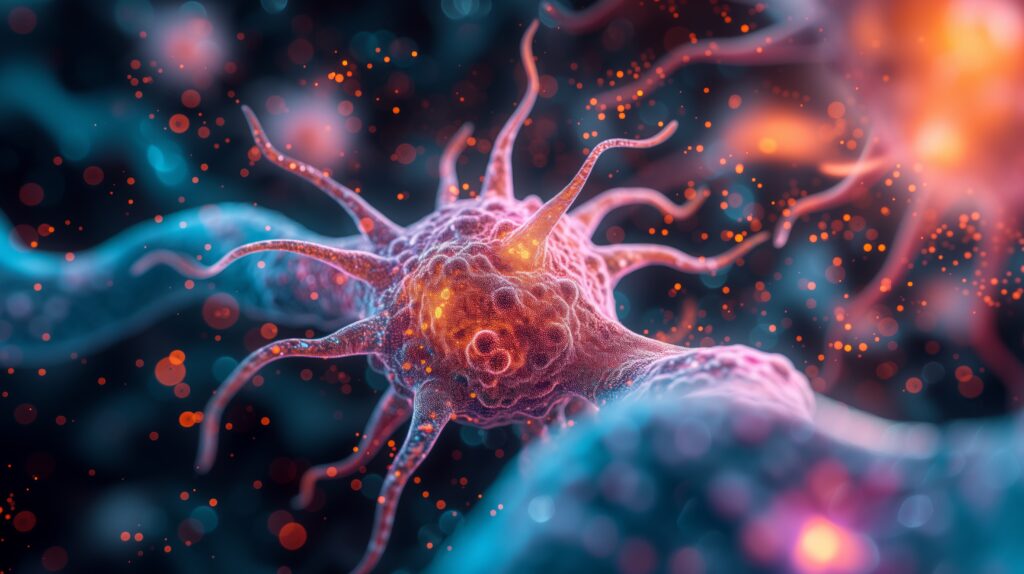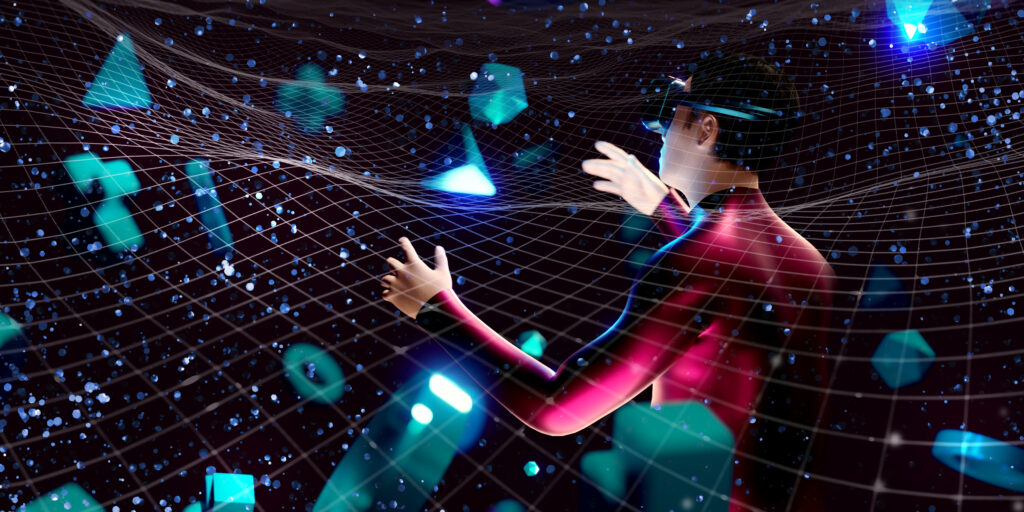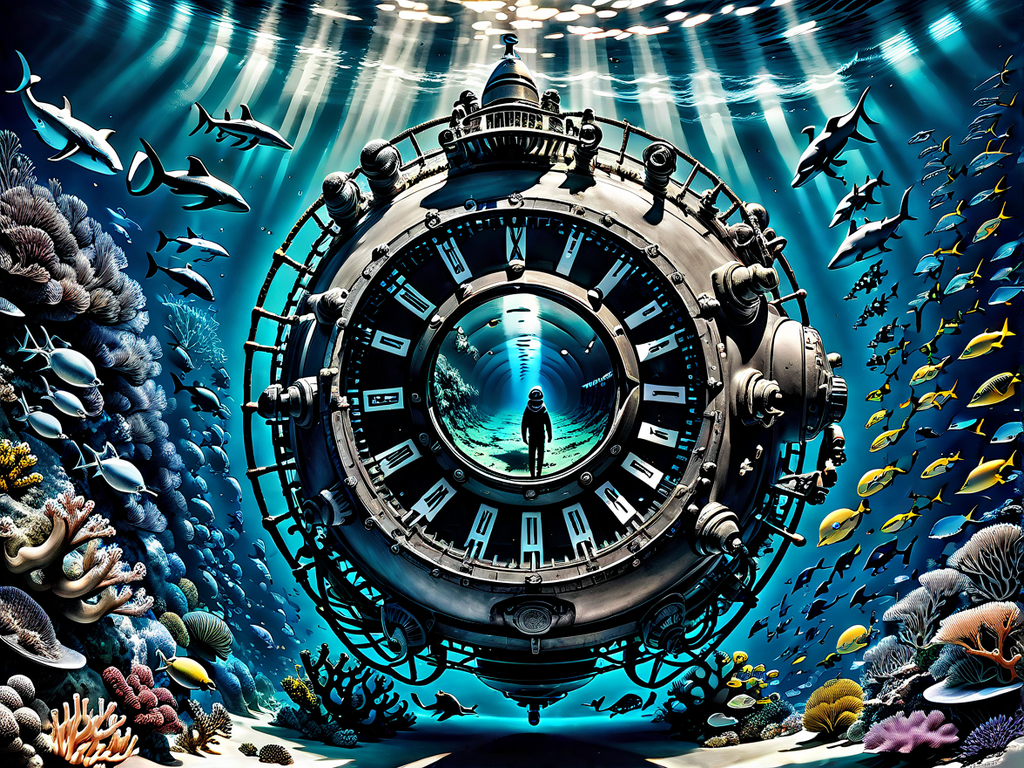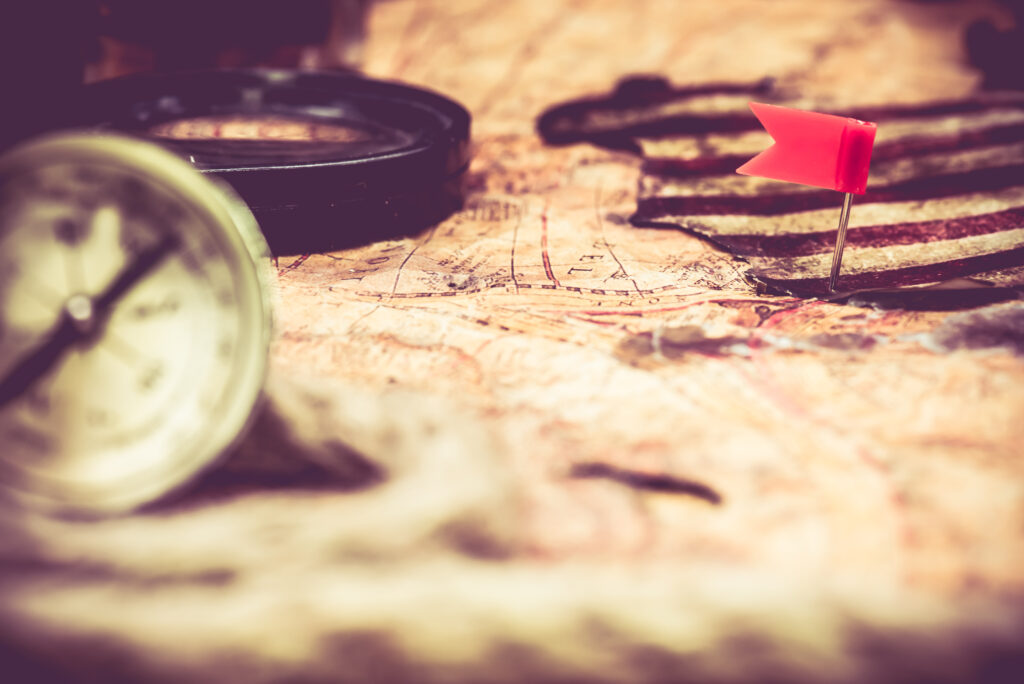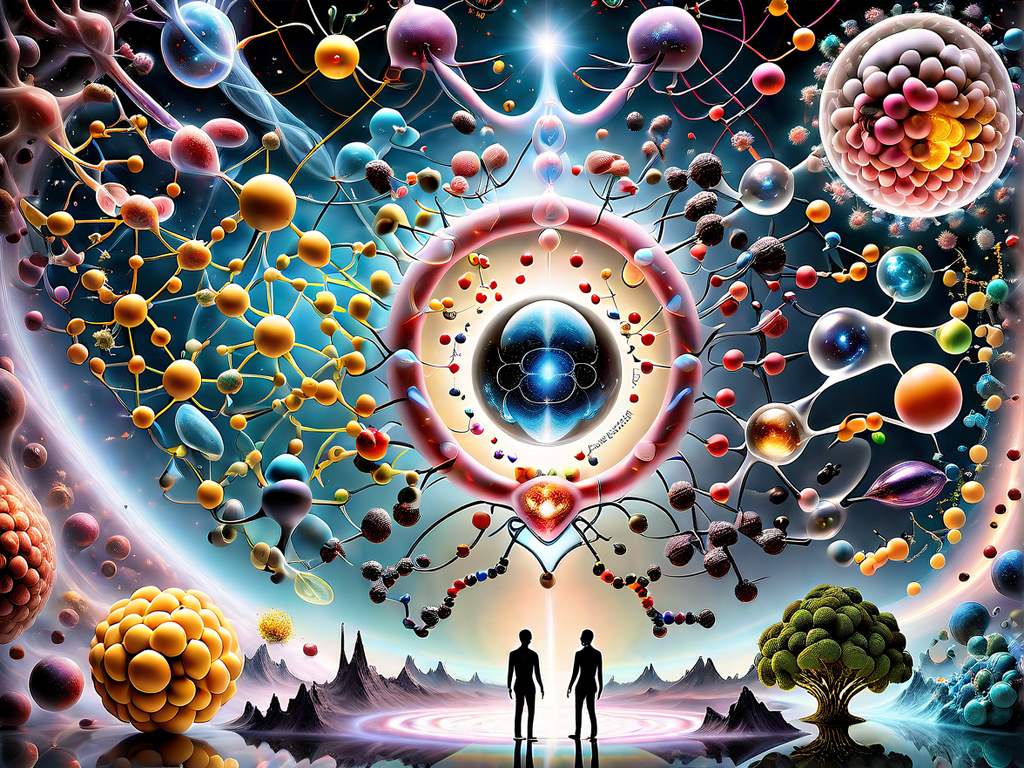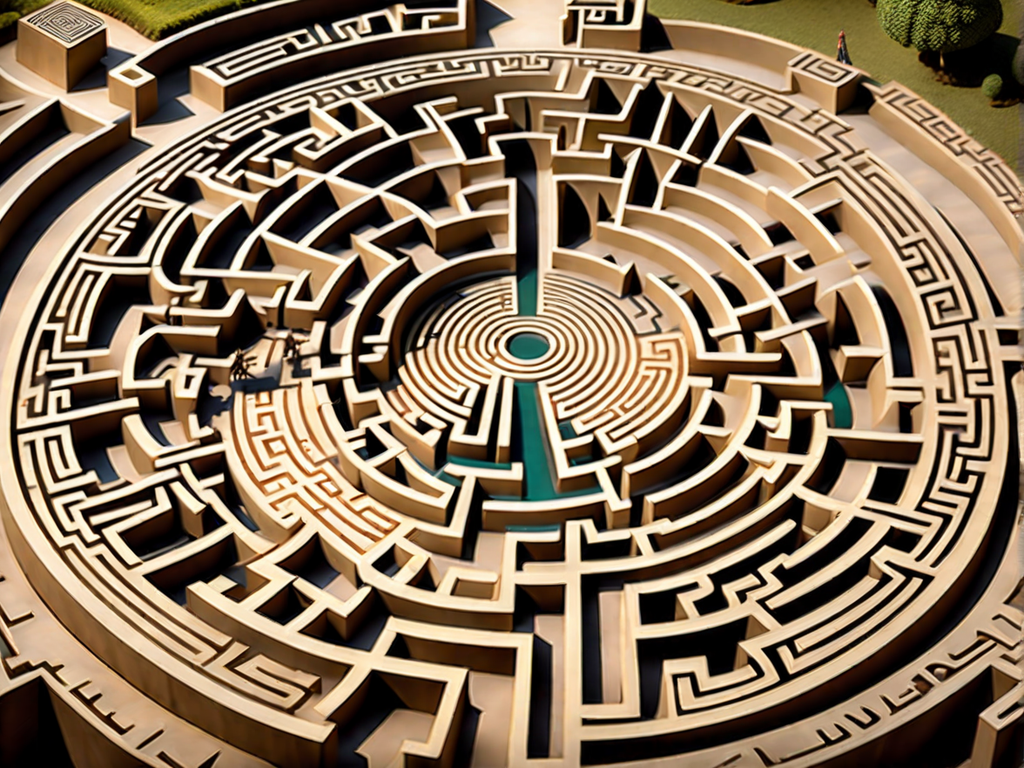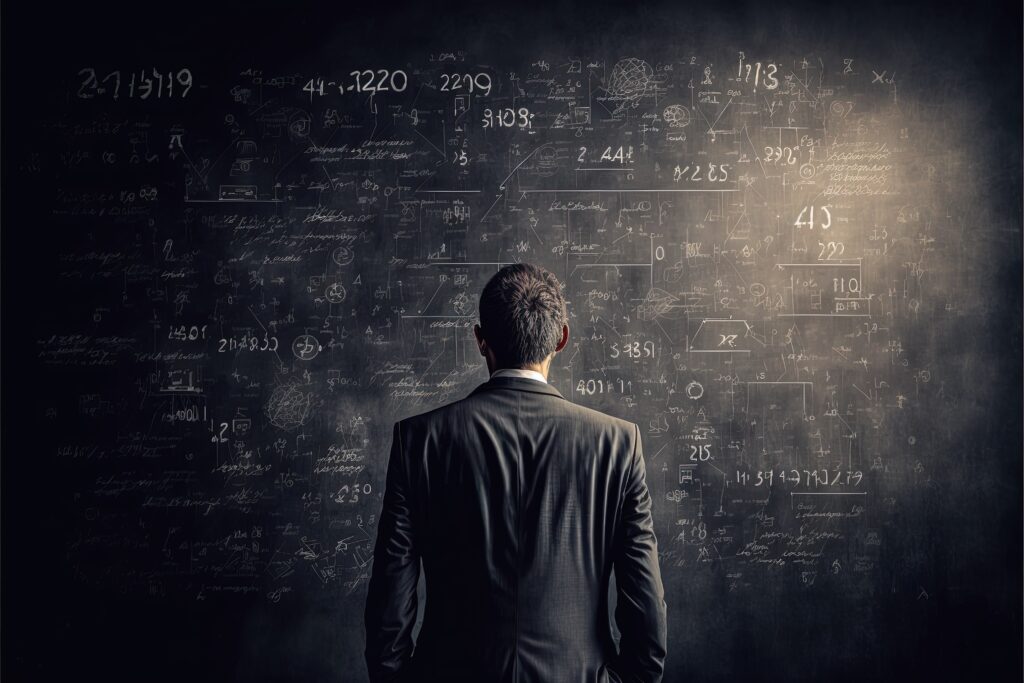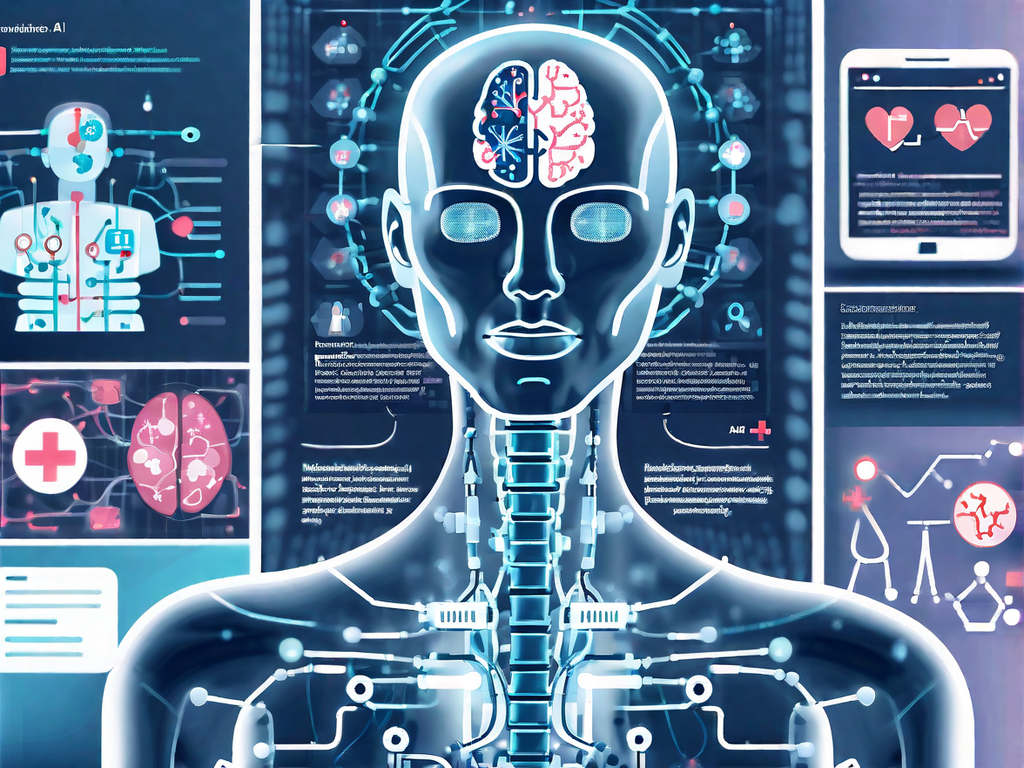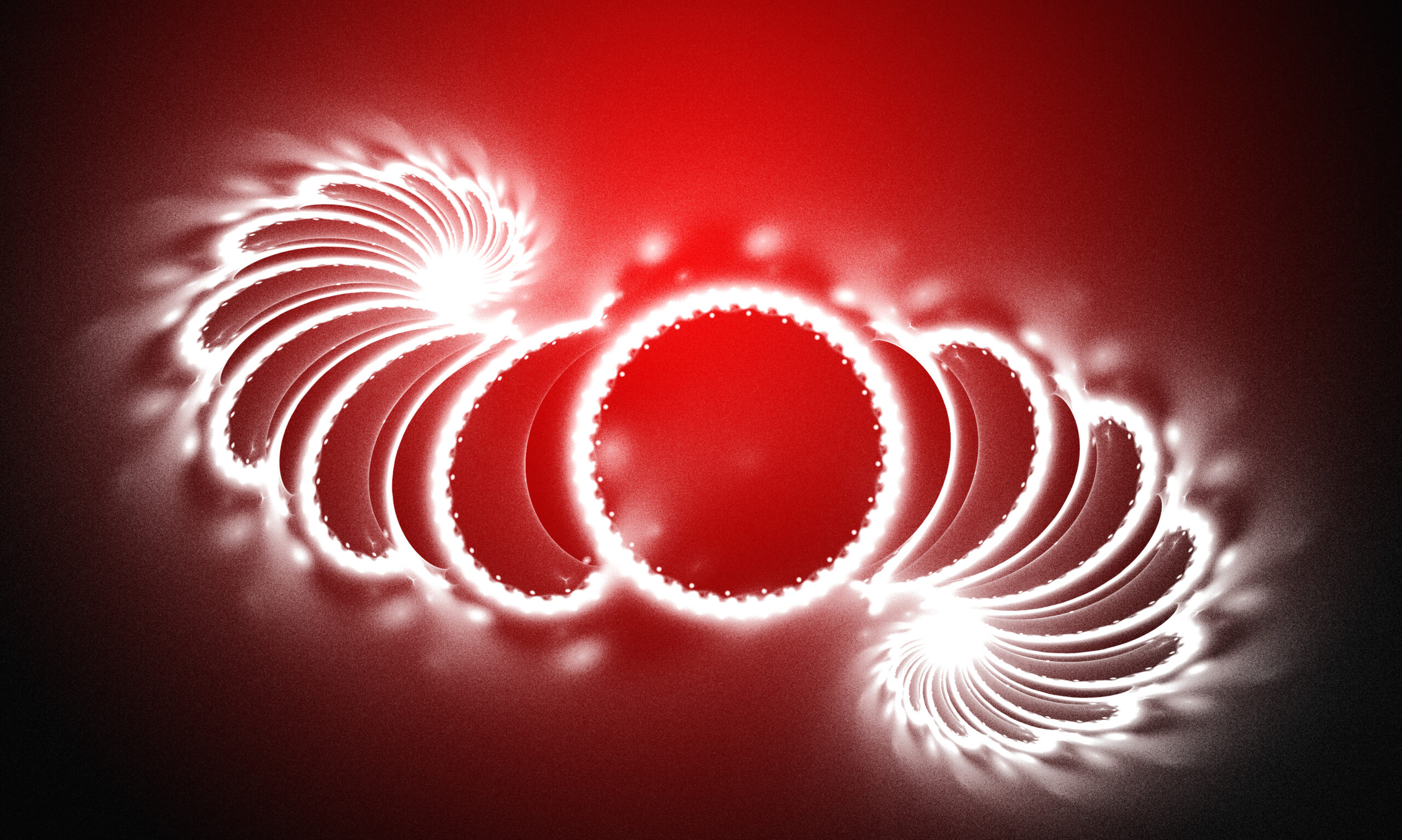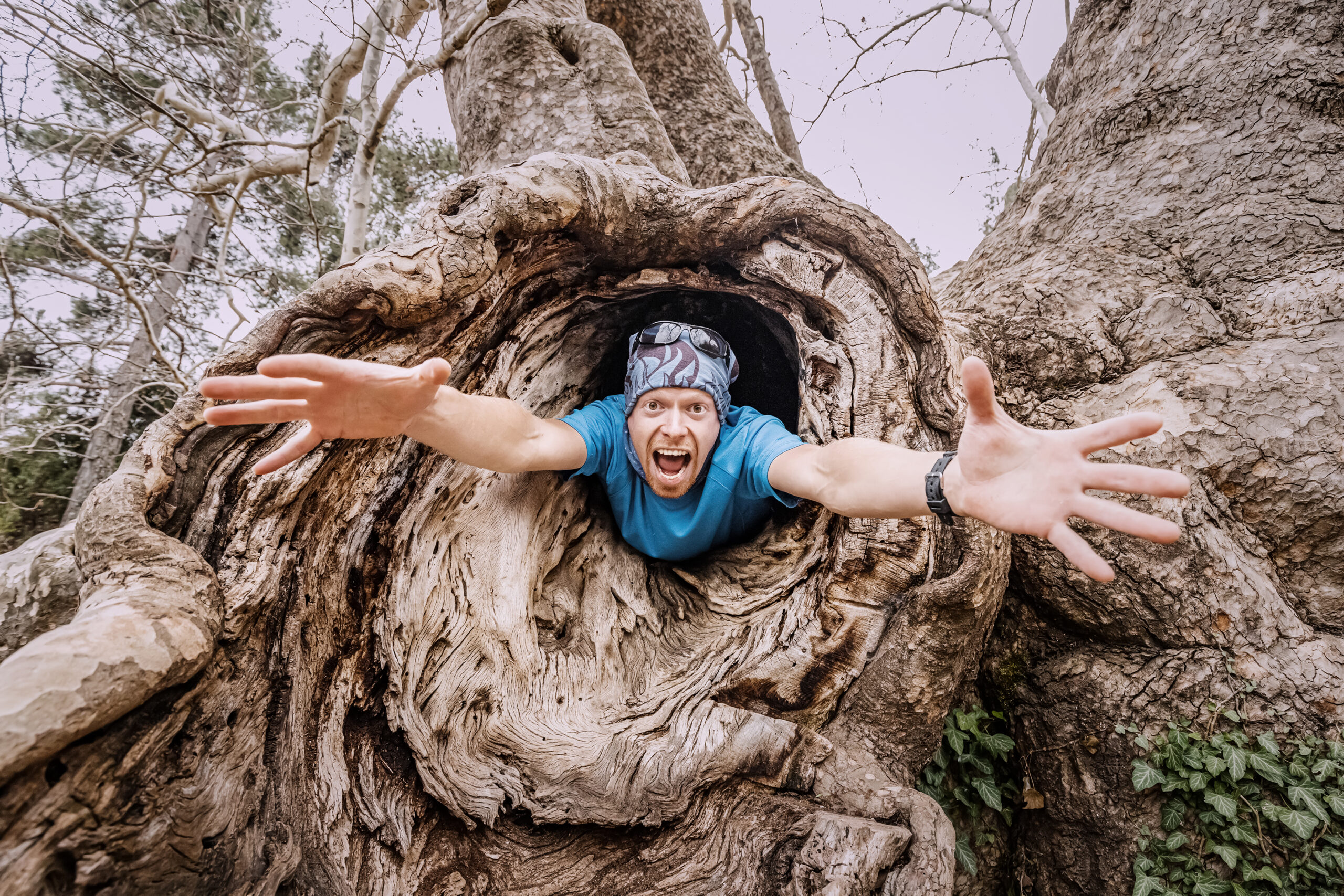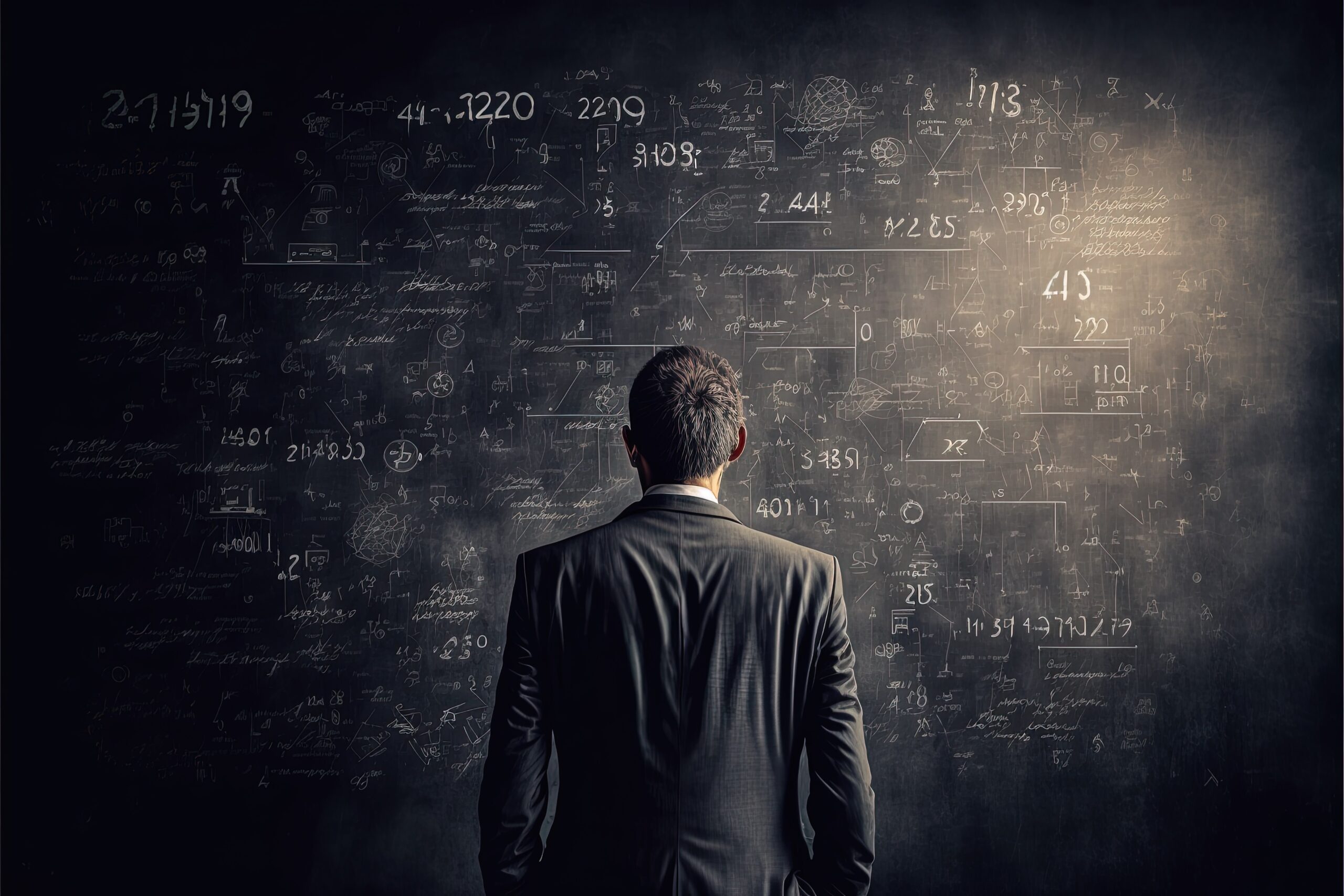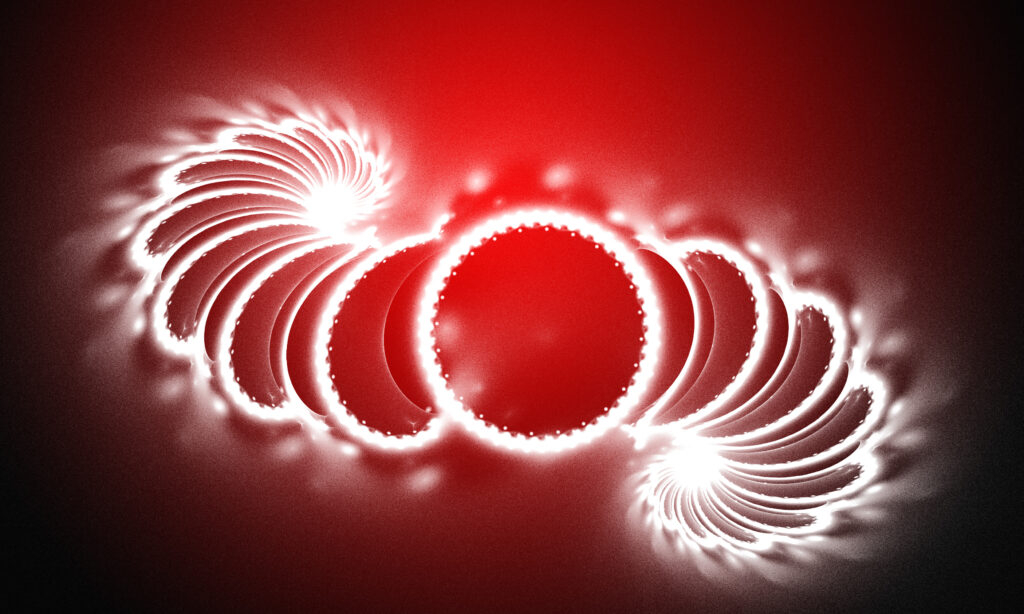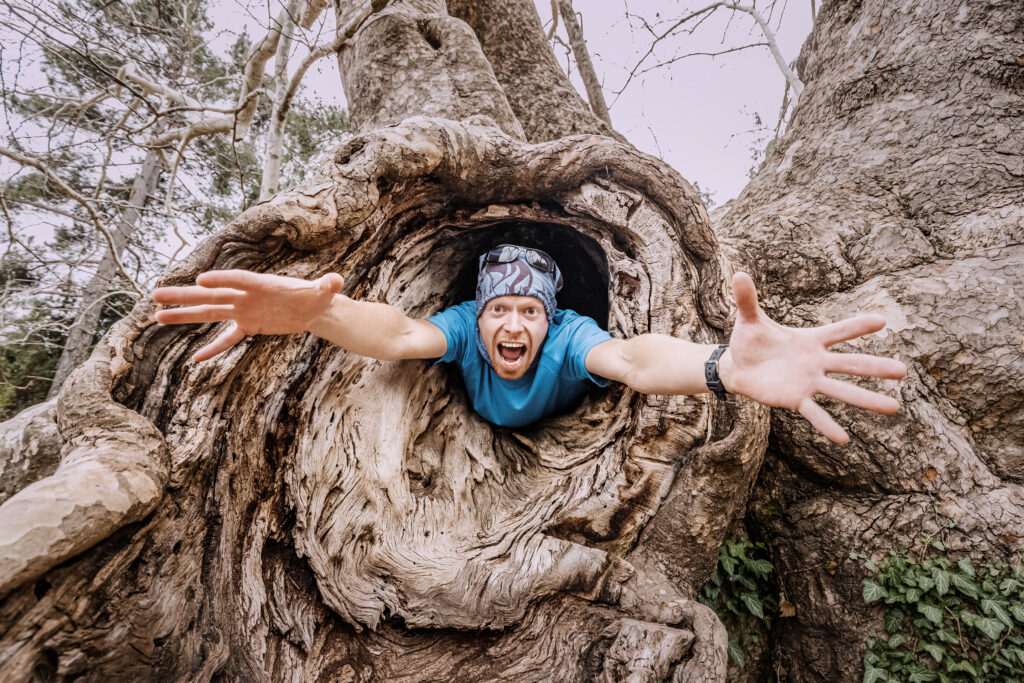The History of Psychic Phenomena
Uncover the fascinating origins and evolution of psychic phenomena throughout history, from ancient civilizations to modern times. Throughout the ages, humans have been captivated by the unexplainable and the supernatural, seeking answers about the mysteries that lie beyond our physical world.
Early civilizations, such as the Egyptians and Greeks, believed in the existence of psychic phenomena and even had dedicated religious practices and rituals to connect with the spiritual realm. The Oracle of Delphi, for example, was a revered figure in ancient Greece who was believed to possess prophetic abilities and provide divine guidance.
“The mind is not bound by the constraints of time and space. Through psychic phenomena, we catch glimpses of the mysterious fabric that connects all beings.”
As history progressed, notable figures emerged who furthered our understanding of psychic abilities. One such individual was Edgar Cayce, often referred to as the “Sleeping Prophet.” Cayce, an American mystic and clairvoyant, gained fame for his ability to enter a trance-like state and provide detailed readings on various topics, including health, past lives, and future events.
Significant events throughout history also shaped the perception of psychic phenomena. The spiritualist movement of the late 19th and early 20th centuries, for instance, brought attention to mediums who claimed to communicate with the deceased. This movement sparked widespread interest in the afterlife and the possibility of reaching out to departed loved ones.
The cultural beliefs and practices surrounding psychic phenomena vary across different societies and time periods. In some cultures, psychic abilities are considered sacred and are incorporated into religious rituals, while in others, they may be seen as witchcraft or sorcery. These beliefs continue to influence our interpretations and acceptance of psychic phenomena in modern times.
- Key figures such as Nostradamus and Helena Blavatsky have played pivotal roles in shaping the perception and understanding of psychic phenomena.
- The spiritualist movement of the late 19th and early 20th centuries brought attention to mediums and séances.
- Cultural beliefs and practices continue to influence how psychic phenomena are perceived and accepted.
As our journey into the history of psychic phenomena unfolds, we gain insight into the enduring fascination with the supernatural. Join us as we explore the depths of the unknown and uncover the ancient wisdom that continues to captivate us.
Types of Psychic Abilities
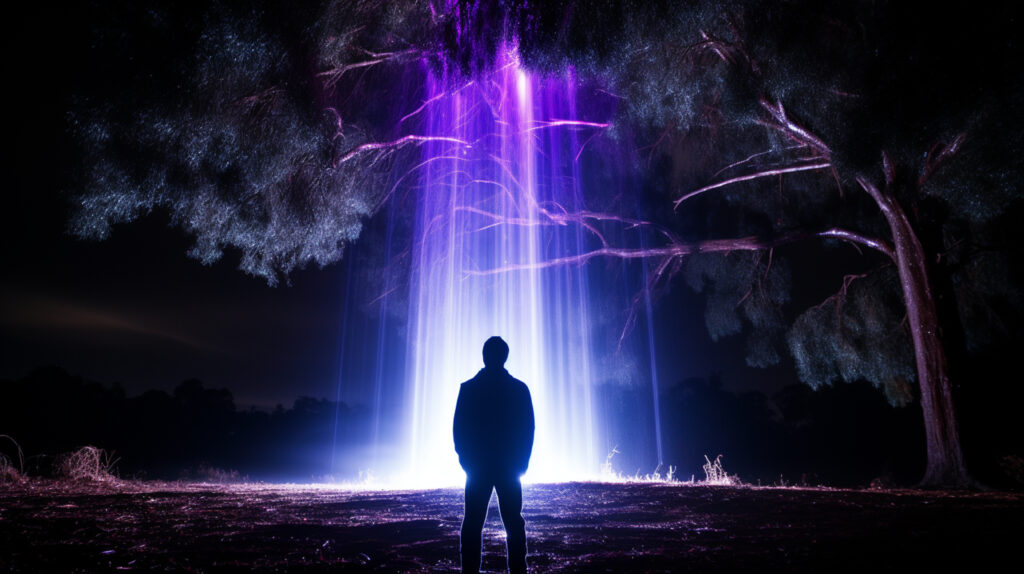
Within the supernatural realm, there exists a diverse range of psychic abilities that captivate the imagination and push the boundaries of our understanding. These extraordinary powers grant individuals the ability to tap into unseen dimensions and perceive the world in ways beyond our ordinary senses. Let’s explore some of the most prominent types of psychic abilities:
1. Clairvoyance
Clairvoyance, often referred to as “clear seeing,” is the ability to obtain information about people, objects, events, or locations through extrasensory perception. Those with this gift are said to visualize images, symbols, or scenes that are not visible to the naked eye, allowing them to gain profound insights.
2. Telepathy
Telepathy is the remarkable ability to communicate with others using the power of the mind, bypassing traditional forms of verbal or written communication. Telepaths can transmit thoughts, feelings, and mental images directly to the minds of others, forging a connection that transcends ordinary boundaries.
3. Precognition
Precognition, often known as “future sight,” involves the ability to perceive and predict future events before they occur. Those with this ability may experience premonitions, dreams, or intuitive flashes that offer glimpses into what lies ahead, helping them navigate life with heightened awareness.
4. Psychokinesis
Psychokinesis, also called “mind over matter,” grants individuals the power to manipulate objects, energy, or elements using sheer mental force. This ability allows psychokinetics to move objects, influence the environment, or control the flow of energy, showcasing the extraordinary potential of the human mind.
While these are just a few examples of psychic abilities, the supernatural realm offers a vast array of gifts and talents waiting to be explored. Each ability offers a unique glimpse into the immense potential that lies within us as we navigate the enigmatic world of psychic phenomena.
Scientific Perspectives on Psychic Phenomena
Scientific perspectives play a crucial role in understanding and evaluating the authenticity of psychic phenomena. Researchers and scholars have conducted numerous studies to unravel the mysteries of the supernatural realm and explore the possibilities of psychic abilities.
There exists a perpetual debate between skeptics and believers regarding the plausibility of psychic phenomena. Skeptics demand empirical evidence that can be tested and replicated, while believers argue that personal experiences and anecdotal accounts hold significance.
Experiments have been conducted to examine psychic phenomena such as telepathy, clairvoyance, and precognition. Researchers have utilized rigorous methodologies, including statistical analysis and controlled settings, to eliminate potential biases and confounding variables.
While skeptics maintain a cautious approach, several scientific studies have provided intriguing findings in support of psychic phenomena. Some researchers propose that these abilities may be rooted in quantum mechanics or have connections to the human subconscious.
Scientific investigation may shed light on the mysteries of psychic phenomena, but we must remain open to explore unconventional explanations and embrace the unknown. – Dr. Elizabeth Watson, Paranormal Researcher
Despite the ongoing debate, scientific perspectives on psychic phenomena have contributed to a better understanding of this captivating field. They have led to new avenues of research, challenging traditional scientific paradigms and prompting further exploration of the supernatural.


